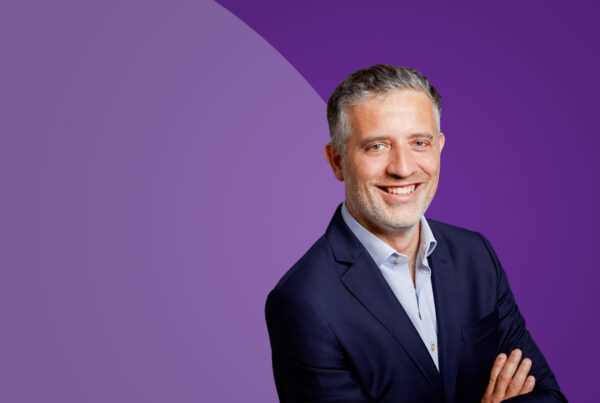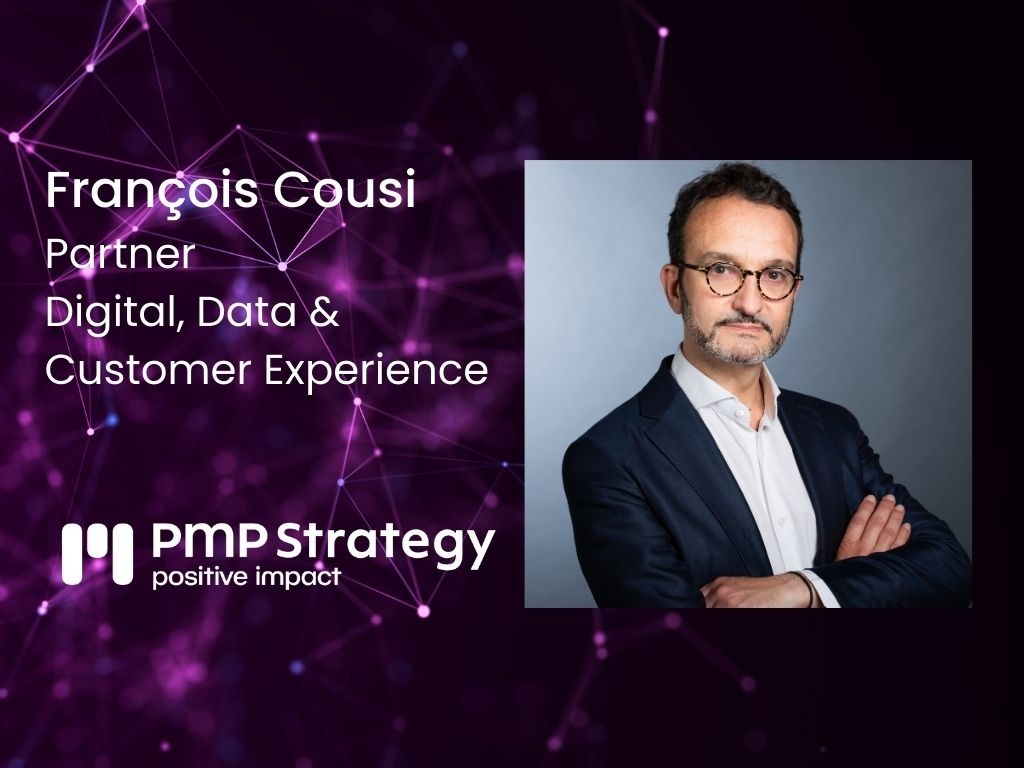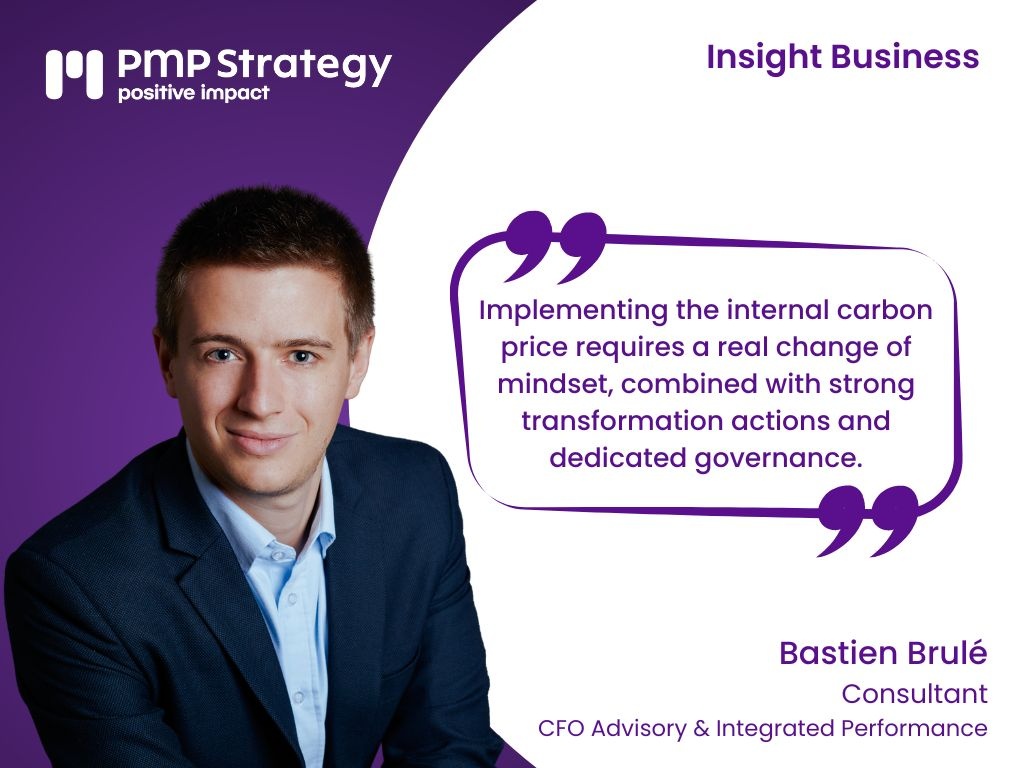Two groups at different times of a reconciliation process share their reality, their convictions and their doubts in the management of the health crisis
his reflection is the result of a series of cross-Atlantic exchanges that PMP had the privilege of organizing between players in the insurance sector. We were thus able to witness the reflections and discussions between Nathalie Christiaen, Director of Employee Experience, and Siham Harroussi, Director of Monitoring, Prosepctive and Culture Innovation of Malakoff Humanis (France) and Martin Robert de Beneva, 1 st executive vice-president and leader, Talent, culture and communication from Beneva, formerly SSQ (Quebec, Canada).
The health crisis a formidable accelerator of transformation
It is clear, every day, that this crisis has put forward and accelerated the need to rethink the organization in its multiple dimensions, in particular for everything related to work and social ties. If the adaptation has been made in force for the insurance industry, reflection on the organization and work of tomorrow emerges naturally. Today we would like to share with you some key elements resulting from these exchanges between two actors with different time frames and contexts but facing the same challenges.
Bring the collective to life and provide benchmarks
Once the management of the emergency and the necessary equipment of the employees – an approach which could have been considerable for some actors – had passed – various actions were put in place to try to recreate a known organizational framework. We can note, for example, the establishment of daily points within the teams, training on new tools and good practices, the establishment of psychological support, etc. On the other hand, other actions seemed to us to be the possible beginnings of a deeper transformation. Setting up frequent meetings with the CEO, via a multitude of support (internal application, video, conference calls, etc.), and a chatbot for employee questions indicated, for example, a desire to decompartmentalize teams and a common thread throughout of the organization – in addition to the information and social link functions. Supporting managers / managers through a development program also seems key to us. The goal of this program was to help them create meaning and community in the context of the pandemic and containment. But it is easy to imagine that this created sense and community will be vital for the return to work and the continuation of post-Covid 19 activity.
Ensure the morale of the troops and drive the performance
Once the continuation of the activity organized, the focus on the social aspect of the organization was accentuated for our two actors. The regular measurement of employee morale – if it was not already in place – was organized. The feeling of belonging was addressed through the establishment of rituals of meetings and exchanges at the various levels of the company. It was also addressed at the level of hiring, first put on pause then resumed with a re-prioritization of positions and a review of the processes. At stake ? Take into account and measure the cultural fit in the hiring decision to facilitate the integration of the person into the team and the organization in general. The two actors have chosen flexible and human management, to take into account the realities of their employees – presence of children, difficulty in working at a distance, etc … And the approach seems to have borne fruit during the first phase of the crisis ; the various indicators show, on the whole, growing satisfaction, whether it is well-being at work, pride or alignment with the organization, etc. However, the second part of the crisis was accompanied by adecline in morale , with the return to the office organized or even impossible, the cancellation of events, or the loss of energy linked to constant adaptation to changes in the government calendar. The approach chosen by SSQ enabled it to limit this last point . By setting a return-to-office date for the summer of 2021 and moving away from the government calendar, the organization avoided adjustments , managing employee expectations and disappointment, and gave itself space to focus on its merger with La Capitale (the two organizations now form Beneva).
Invent a new way of working for tomorrow and give employees the desire to find their way back into the company
And having this time and energy to prepare for the sequel can be key. For our interlocutors, the observation is clear: there will be no going back. The crisis has forced the adoption of remote work and its acceptance by top management. If the return to the office is desirable and necessary, it will not be done 100%. The reflection for the future of work is engaged. How to take advantage of this mode of organization? Is this an opportunity to expand your geographic recruitment pool? How to reorganize work and tasks with this new practice? What are the key discussion times? What are the created practices to keep? to delete ? So many questions they must address inbuilding a hybrid world of work, where face-to-face and remote work side by side.
In our view, the crisis has raised the key question of the evolution of organizations and the need to move to more open, freer modes, based on trust and exchanges rather than on a closed hierarchy. From a logistical constraint to a strategic asset, teleworking is essential to carry out this evolution and should constitute a key element of the strategy of any organization.
PMP, in partnership with Le Cercle Lab, offered a conference on January 26, 2021 on the theme “remote work, a real strategic asset? “. This morning was an opportunity for rich discussions with different stakeholders and a certain consensus is emerging around teleworking: the need to work differently, the evolution of management towards trust and employee empowerment, but also the need to rethink workplaces to promote collective intelligence and offer a hybrid mode, alternating distance and face-to-face. The success of a hybrid way of working is everyone’s business within the company and can only be implemented through collaboration, across all business lines and all positions. Beyond these ways of working,the establishment of distancing raises the question of the link between the members of an organization. Giving meaning, perceiving its usefulness at work appear as two key directions to take and the raison d’être could be, within the framework of the company with mission, a voice to achieve this?


Manon Tabourdeau & Rhalid Bouakhris
Seniors Consultants PMP





